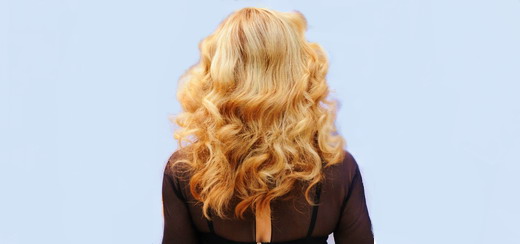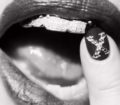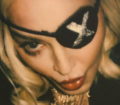
From IndieWire
Madonna Interview by Peter Knegt
On W.E. being slammed by critics
“I know that I did the best that I could do.
I pay attention to reviews where I know people are reviewing my work. When they’re letting me—the person, the human being—get in the way, then I don’t really give it much credence.
At the end of the day, I made the film to be judged as a film. Not for people to compare it to me.
I understand that that’s going to happen.
I knew going into this that people were going to sometimes get their opinion of me mixed up and muddled in with my work.
So of course I always appreciate it when people really review my film and stick to the film.”
On W.E. beign a story of female empowerment
“It’s knowing that you’re in charge of your destiny and knowing that you don’t have to live your live according to other people’s plans or expectations of you.
I mean, that’s always been a been a big message in my work.
The freedom to express yourself and be who you are and not limit yourself. And that’s a big message in the film: You’re in charge of your destiny. You don’t have to live the life that everyone else expects you to live.”
On Madonna’s fascination with Simpson as a historical figure.
“I thought that the choice that Edward VII made to give up the throne for this woman posed a lot of questions in my brain.
One was the idea of whether he did it for love.
Was it the greatest romance of the 20th century?
As I investigated and did research into her, I realized she had been treated very unfairly in the history books and didn’t turn out to be any of the things that were first presented to me.
So then that made me think about the whole idea of the cult of celebrity and our idea and our obsession with famous people and how unfairly they usually treat them because we don’t allow them to become human beings.
We paint them as either black or white and there’s no nuance or subtlety.
The idea of duality doesn’t exist.”
On writing the screenplay
“I had written ‘Filth and Widsom’ with Dan Cadan, an English writer who is actually quite funny and he lent himself very well to that subject matter. But when I started doing research on the story of the Duke and Duchess, at first I thought about writing with Dan again but then I thought I needed to write with someone who, like me, had spent a lot of time in England but is an American. I think a lot of times when you’re an outsider and you come into a place you see things in a way that someone that’s from that place can’t see. That gives you an interesting and sometimes more objective point of view.”
On exploring various cinematic techniques
“I really love camera movement.
I love tracking shots and I love steady cam. I love the way the camera has a real human feeling to it when it’s not locked off. That camera becomes an animal or a creature or a character in the film as well. It adds a sense of intimacy to the story and a sense of lyricism. And then there’s a kind of dance that occurs. That was really important to me.”
On “La Vie en Rose” as an inspiration for the camera work
“I love long takes with no cuts and there’s two shots in that movie that were five minutes long.
They had absolutely no edits and they were just so beautiful in the way they moved around the apartment.
You never got bored and it was so beautiful.
I wanted to do that. So I did it!”
On directing a movie as the most male-dominated of all professions
“I think directing is perceived as a man’s job.
And every once in a while, I would say to myself, ‘This is a man’s job.’
Because, you know, there is no time for grooming. You know, I could only shave my legs once every two weeks. Forget about showing up to work being able to think about what I’m wearing or combing my hair. Most of the time I felt like a truck ran me over. So it’s not a terribly feminine feeling to show up on the set making a film.
On the other hand, being a woman really came in handy when it came to nurturing the actors and spending time with the girls and dressing them.
And the boys!
I loved dressing everybody. I loved putting the finishing touches on everyone. From the kerchief in the pocket of Edward’s suit to the cufflinks… The jewelry, the hair, the final pin in the hair… Everything. I loved doing that stuff.
I don’t want to categorize people, but I’m not sure how many men would be interested in that part of the job. Well, some.”
On what happens next for Madonna
“I’d like to make more films. But what’s next for me is I’m going to make a record.
I’ve already started writing music and it’s a nice change because I’ve been working on this movie for three years.
And you know, songwriting is a much more visceral exercise than making films. I love them both, but when you’re a filmmaker you really live in your head and it’s nice play the guitar and, you know, move around.”
Listen to the Full Audio Interview…
Madame X is available in Box Set, CD, Vinyl and Cassette!
Get your copy HERE!





